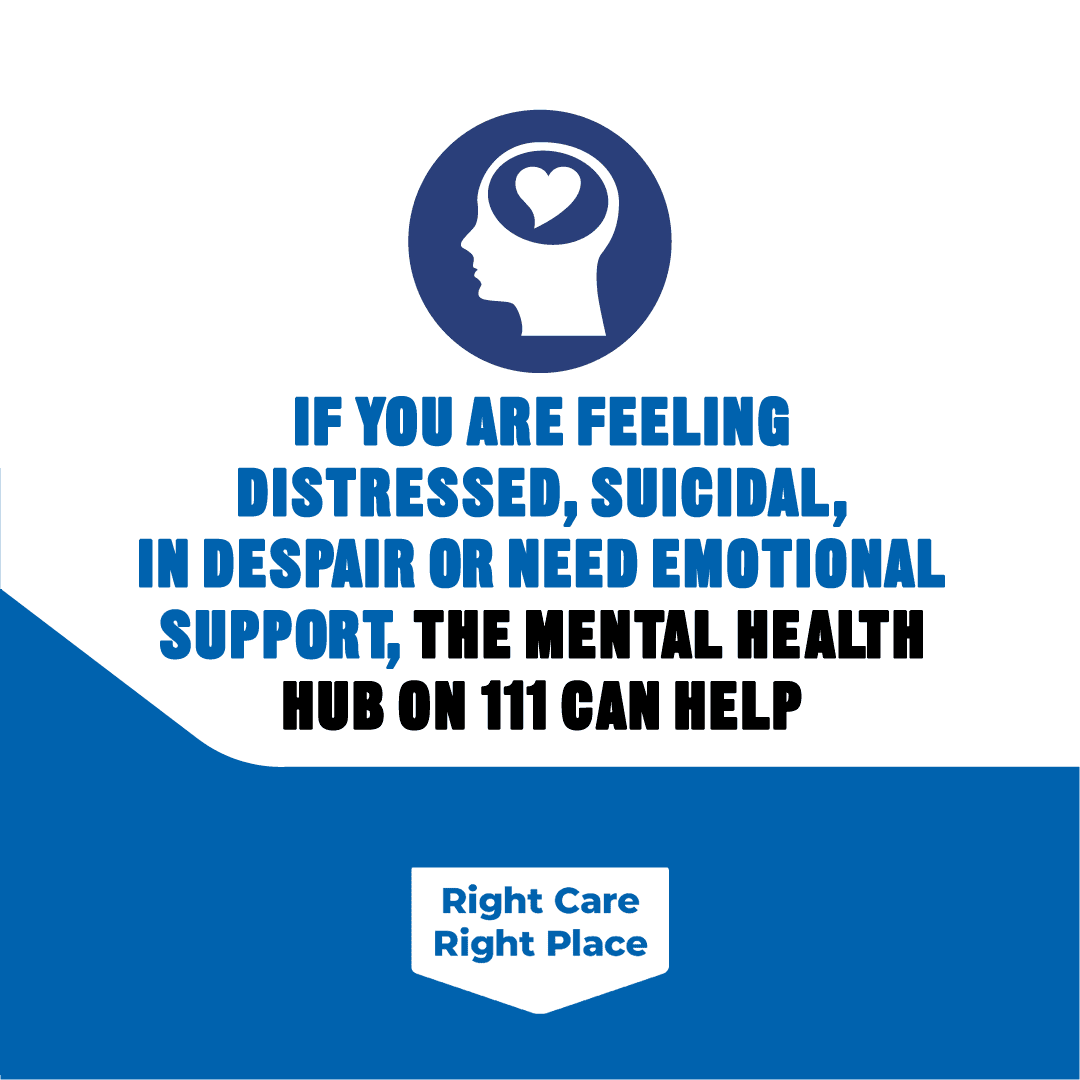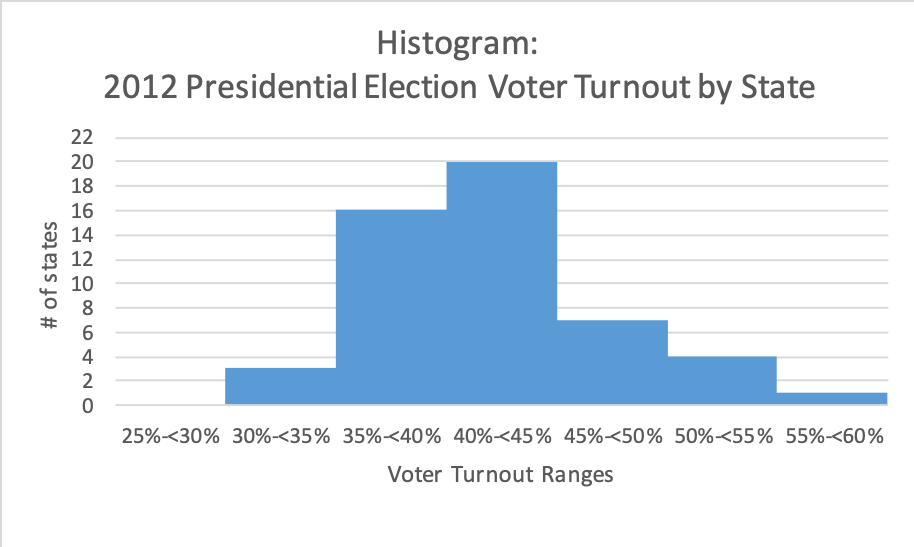Addressing The Urgent Mental Health Needs Of Young Canadians: Lessons From A Global Commission

Table of Contents
The Scope of the Problem: Understanding the Mental Health Crisis Among Young Canadians
Prevalence of Mental Health Issues: Statistics on anxiety, depression, self-harm, and suicide attempts in youth.
The prevalence of mental health issues among young Canadians is alarming. Reliable data paints a concerning picture:
- The Canadian Mental Health Association (CMHA) reports that approximately 1 in 5 young people will experience a mental health disorder in any given year.
- Statistics from the Public Health Agency of Canada show a significant increase in anxiety and depression rates among adolescents in recent years.
- Self-harm and suicide attempts are also on the rise among young Canadians, particularly within vulnerable populations.
Several factors contribute to these rising rates. The pervasive influence of social media, the relentless pressure to succeed academically, and growing economic insecurity all play significant roles in exacerbating mental health challenges for young people.
Unique Challenges Faced by Young Canadians: Intersectionality and disparities in mental health access and outcomes.
The mental health crisis disproportionately affects certain groups of young Canadians. Intersectionality highlights the complex interplay of various social identities and their impact on mental health experiences and access to care.
- Indigenous youth face significantly higher rates of suicide and mental health disorders than their non-Indigenous peers, often due to historical trauma, systemic discrimination, and lack of culturally safe services.
- LGBTQ+ youth experience higher rates of depression, anxiety, and self-harm, largely due to discrimination, stigma, and lack of inclusive support systems.
- Youth from marginalized communities, including those experiencing poverty, homelessness, or immigration challenges, face additional barriers to accessing quality mental healthcare.
These disparities highlight the urgent need for culturally appropriate and accessible services that address the unique needs of vulnerable youth. Barriers to care include stigma, the lack of culturally sensitive services, and financial constraints, all significantly impacting the ability of young people to seek and receive the help they need.
Key Findings from the Global Commission on Mental Health
The Global Commission on Mental Health has provided invaluable insights into addressing the global mental health crisis. Their recommendations offer crucial guidance for improving the mental health of young Canadians.
Investing in Early Intervention and Prevention Programs: The importance of proactive strategies.
The commission strongly emphasizes the importance of investing in early intervention and prevention programs. Proactive strategies are significantly more cost-effective and impactful than solely focusing on treatment of existing conditions.
- The commission highlights the success of school-based mental health programs focusing on social-emotional learning and early identification of at-risk youth.
- Community-based initiatives that foster resilience and promote mental well-being are also emphasized.
Adapting these models to the Canadian context necessitates a focus on culturally appropriate programs that address the unique needs of diverse youth populations.
Strengthening Mental Health Services and Systems: Improving access to timely and quality care.
The commission stresses the need to strengthen mental health services and systems to improve access to timely and quality care. This includes:
- Increasing the number of mental health professionals, particularly in rural and remote areas, where access is severely limited.
- Improving integration of mental health services into primary care settings to facilitate early identification and intervention.
- Investing in innovative service delivery models, including telehealth, to overcome geographical barriers.
Addressing the significant shortage of mental health professionals in Canada, especially in underserved communities, is paramount to ensuring equitable access to care for all young Canadians.
Addressing the Social Determinants of Mental Health: Tackling poverty, inequality, and discrimination.
The Global Commission rightly highlights that addressing the social determinants of mental health is critical. Poverty, inequality, and discrimination significantly contribute to mental health disparities.
- The commission advocates for policies that promote social justice, reduce inequality, and address the root causes of social disadvantage.
- Investing in affordable housing, education, and employment opportunities are crucial steps toward improving the mental well-being of vulnerable youth.
Implementing these recommendations in the Canadian context requires a concerted effort to tackle systemic inequalities and create a more equitable society for all young people.
Applying Global Lessons to the Canadian Context: Recommendations for Action
The findings from the Global Commission provide a strong framework for action in Canada. Specific recommendations for improving the mental health of young Canadians include:
Increasing Funding for Youth Mental Health Services: Advocating for increased government investment.
Substantial increases in funding are crucial to implement the necessary changes. This funding must be targeted towards:
- Evidence-based programs proven effective in improving youth mental health outcomes.
- Expanding access to mental health services, particularly in underserved communities.
- Supporting research into effective interventions and prevention strategies.
Investing in mental health is an investment in the future, producing significant economic and social benefits in the long run.
Improving Access to Mental Health Care: Removing barriers to care for young people.
Removing barriers to accessing care is crucial. This requires:
- Expanding telehealth services to overcome geographical limitations.
- Strengthening school-based mental health programs and increasing access to school counselors.
- Developing and implementing culturally sensitive and LGBTQ+-affirming services in communities across Canada.
Reducing stigma and promoting help-seeking behaviour are equally important to ensure young people feel comfortable seeking support when they need it.
Training and Support for Educators and Healthcare Professionals: Equipping professionals to identify and support youth struggling with mental health issues.
Equipping professionals with the necessary skills is essential for early identification and support. This includes:
- Mandating mental health training for all educators, including teachers and school counselors.
- Providing ongoing professional development for healthcare providers on youth mental health issues.
- Creating a supportive and understanding environment in schools and healthcare settings where young people feel comfortable seeking help.
Creating a supportive environment fosters open communication and ensures young people receive the timely intervention they need.
Conclusion: A Call to Action for the Mental Health of Young Canadians
The mental health crisis among young Canadians demands urgent action. The insights from the Global Commission provide a clear roadmap for improvement. Implementing the recommendations discussed—increasing funding, improving access to care, and training professionals—will significantly impact the lives of countless young people. Let's work together to address the urgent mental health needs of young Canadians by supporting initiatives that promote early intervention, expand access to care, and foster a culture of understanding and support. Learn more about mental health resources available in Canada through organizations like the Canadian Mental Health Association (CMHA) [link to CMHA website] and Kids Help Phone [link to Kids Help Phone website]. Let's advocate for policy changes and support organizations dedicated to improving the mental health of young Canadians.

Featured Posts
-
 Chinas Trade War Strategy Obscuring Economic Realities From America
May 02, 2025
Chinas Trade War Strategy Obscuring Economic Realities From America
May 02, 2025 -
 Daisy May And Charlie Cooper From Celeb Traitors To A New Bbc Series
May 02, 2025
Daisy May And Charlie Cooper From Celeb Traitors To A New Bbc Series
May 02, 2025 -
 The Chief Election Commissioners Commitment To A Robust Poll Data System
May 02, 2025
The Chief Election Commissioners Commitment To A Robust Poll Data System
May 02, 2025 -
 Checking Fortnite Server Status Update 34 40 Offline
May 02, 2025
Checking Fortnite Server Status Update 34 40 Offline
May 02, 2025 -
 Kocaeli Nde 1 Mayis Kutlamalari Sirasinda Meydana Gelen Arbede
May 02, 2025
Kocaeli Nde 1 Mayis Kutlamalari Sirasinda Meydana Gelen Arbede
May 02, 2025
